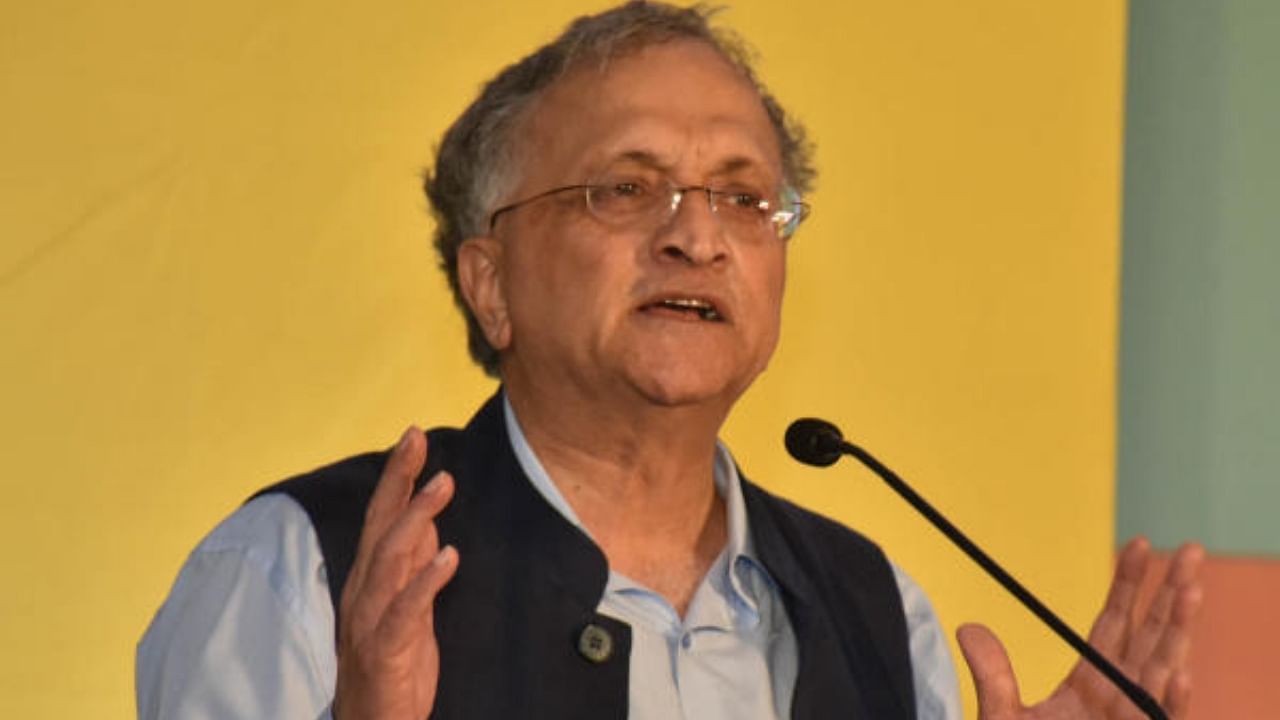
Historian and author Ramachandra Guha dwelt on his journey as a biographer of Gandhi during a session on 'Getting to know Gandhi: A biographer's journey'.
"The book that gave me the most grief, that went through the most drafts, that took years and years to craft and bring to fruition was my biography of Elwin (anthropologist Verrier Elwin). The research was the easy part — leading his letter to his mother, to Gandhi, his anthropological writings in the newspaper. But the writing was very very painful because nothing in my previous work had prepared me for it. I was moving from structure to process to personality. Great British biographer Nicholas Boyle, who taught German literature at Cambridge and who had written a landmark biography of the German polymath. It was through the art of communication that he learnt the art of biography."
According to the author, Boyle had three distinct laws for writing a biography. The first law is never to anticipate, let the situation gently unfold. "Even if your subject is to radically change its views, even if emotional or intellectual relationships are going to take a very different turn, don't key your leader to lead into different secrets even if you've discovered it in the course of your research," he said.
The second law? The secondary characters in a biography are as important as the primary character. Too many lives, especially written by Indians, focus a lot on the hero or the heroine, but other people's lives are rarely vividly portrayed. "The subject of one's own biography actually emerges most fully only through his or her relationships with friends, rivals, family, enemies, lovers, spouses and children."
The third law is that the biographer must energetically look for sources that do not originate from his own subjects.
He then listed four main reasons why he chose to write his famous two volumes on Gandhi. The first reason is that in all his previous works, Gandhi had been a presence, shadowing him all his life. Secondly, he had been giving lectures on Gandhi in both India and abroad. He found that there are lots of interesting things to be told about Gandhi that the existing biographies didn't mention. Thirdly, Gandhi, like the Buddha, was a genuine global figure and the debates he inculcated were relevant to many parts of the world. And through the course of his research, he found a lot of new and rare sources on Gandhi that he could exploit in his work.